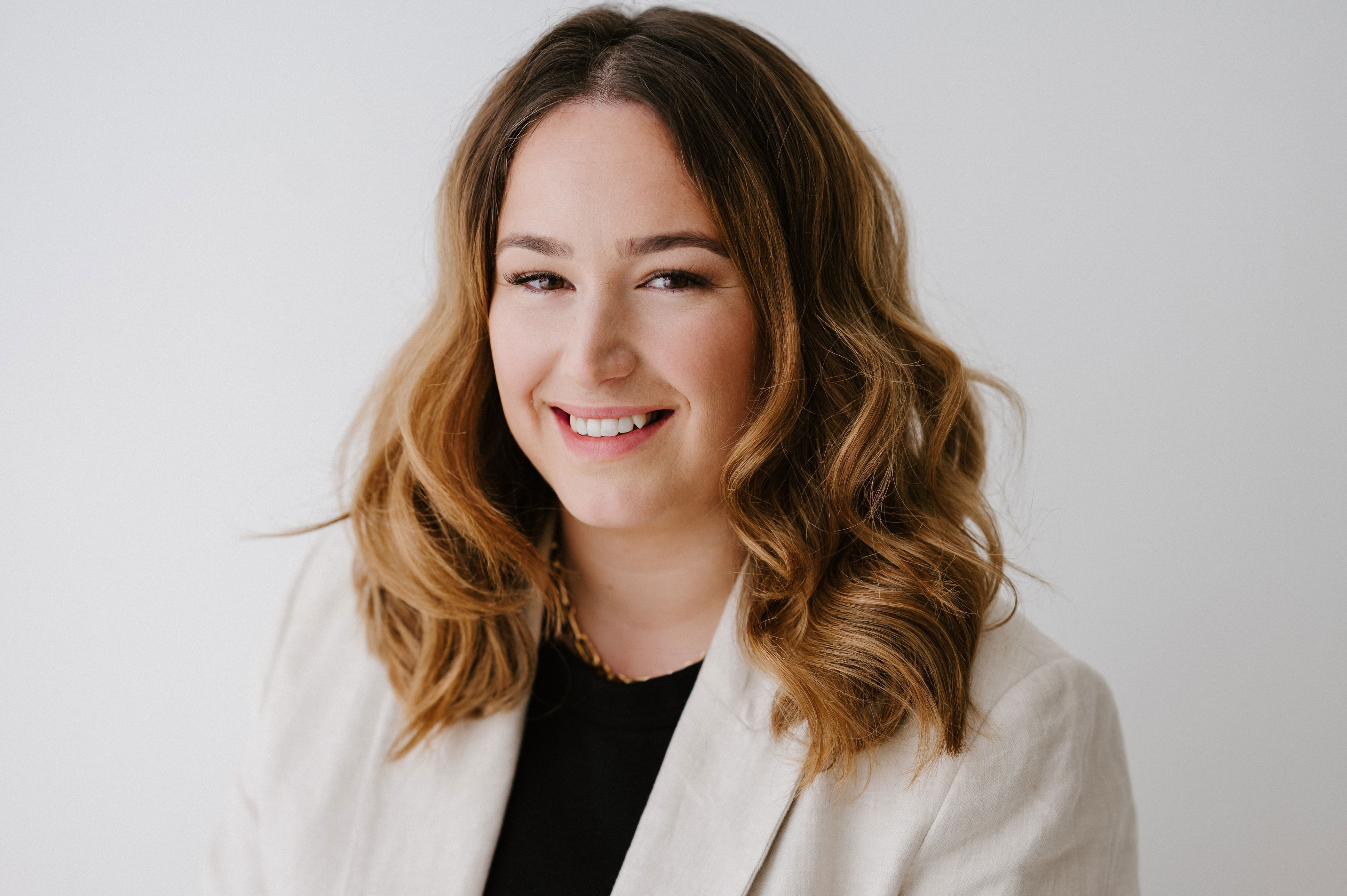Is ‘doom spending’ draining your money? How to fix your financial habits in 2025
Pots of money drain away each month because of 'doom spending' on items you can barely even recall buying.
examines how life frequently undermines our financial goals in her new book, Good With Money – along with ways we can 'reprogramme' our spending habits for the better.
We're aware that we need to live within our means, set money aside for the future, and so on. We're familiar with the right course of action, yet we struggle to put it into practice.
Noting that our relationships with money are all complex and nuanced, she points out: “There's a significant emotional element that can't be figured out using a calculator.”
Every pay day, I was scraping to the end and everything was always like a loan from the previous month, it was always a bit of a mess. I reckon a lot of people can identify with that.”
Edwards had a "gradual penny dropping moment" – when "everyone was talking about their savings and I was like, 'When were we saving?' I hadn't actually known we were doing this. I just thought we were complete chaos."
For many younger adults in the UK, significant life goals like buying a home or earning the desired salary can seem desperately unattainable.
“Traditional life paths are no longer within our control,” says Edwards. “We no longer navigate life as we thought we would.”
“Here, I believe that, along with having readily available, relatively affordable non-essential goods and services readily available, it gives us a sense of ownership, a sense of being in control. A lot of people’s spending habits are viewed as thoughtless and indulgent. However, often, it’s simply a desire for a feeling of being in control.”

Short-term debt and 'buy now, pay later' options "are certainly all contributing to that", she notes.
The lack of feeling connected to what the future holds can lead to "this kind of 'doom shopping', nearly, because it seems like there's no reason."
Edwards warns: “That good feeling that you are buying is real, but it's only temporary.”
In the book, Edwards looks at ways people could set about "reclaiming" their financial decisions.
“it’s often about finding a way to spend money that feels right for you. Instead of cutting back entirely, you can still spend, but on things that are truly important and leave a little aside for the future too,” she suggests.
She highlights that "the distance between seeing something and owning it is incredibly short now" – and when shopping online: "You've got all this infrastructure that allows you to just tap, tap, tap and pay without even seeing your bank card, let alone your cash."
It clarifies an important spending rule.
A lot of people recommend waiting 24 hours before making a purchase. On the other hand, I suggest approaching it differently and convincing yourself that you can buy it tomorrow. By doing so, you're convincing your brain that the purchase is a definite possibility. However, come tomorrow, the enthusiasm has usually worn off.
Now that you're no longer panicking, you've come to your senses and thought that life is going to carry on as normal, perhaps you'd rather use that money for that wedding you're planning or that holiday with your loved ones.
Considering long-term goals and openly sharing them with others can also be helpful.
“A financial taboo has been an issue for a considerable period of time,” says Edwards. “When you are more familiar with yourself and your financial situation, and understand the reasons behind your spending habits, you should be in a stronger position to engage in discussions with friends and family.”
Keeping visual reminders, like a photo of a destination if you're trying to save for a holiday, may help people stay on track.

Noticing when you're putting off dealing with reality is also crucial. "Where you're constantly saying, 'I'll attend to it later, I'll attend to it later' – and before you know it, come January, there's a large gap between your last pay cheque and a significantly bigger credit card bill than you're accustomed to," says Edwards. "Any moment when you are evading or going against what you know is ideal for you is worth examining – especially during this time of year."
Beginning with modest steps can also contribute towards building greater financial self-assurance.
The first thing you'll notice is there's less urgency and a calmer emotional state because you're doing something that's genuinely achievable," says Edwards. "You're not setting yourself up for self-sabotage.
“However, if you continue to set aside a sum each week, you'll develop a regular habit and a growing sense of confidence in your financial commitment - meaning that by the end of the month, after consistently saving each week, you'll feel more comfortable scaling up the amount you set aside.”
.
Posting Komentar